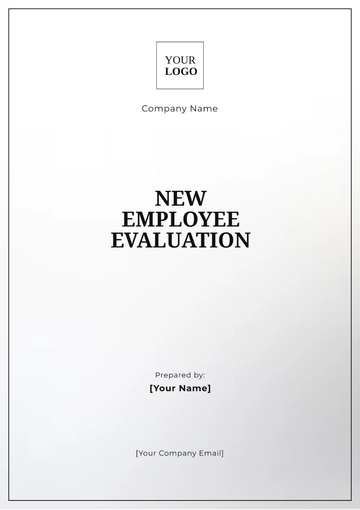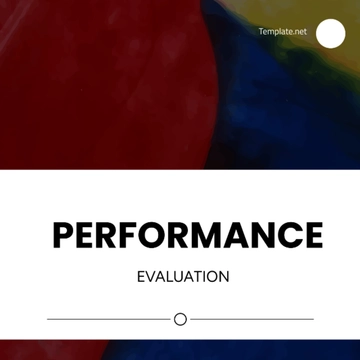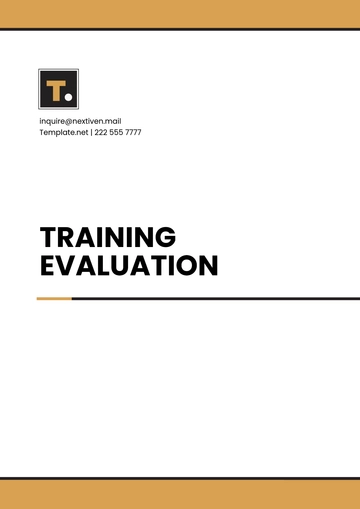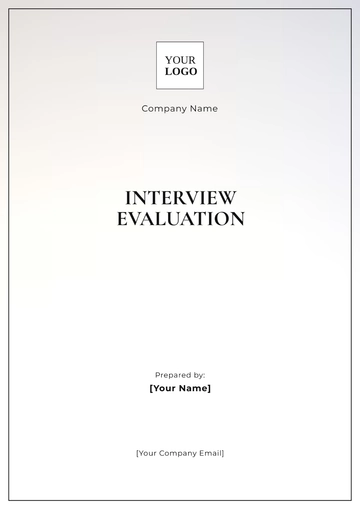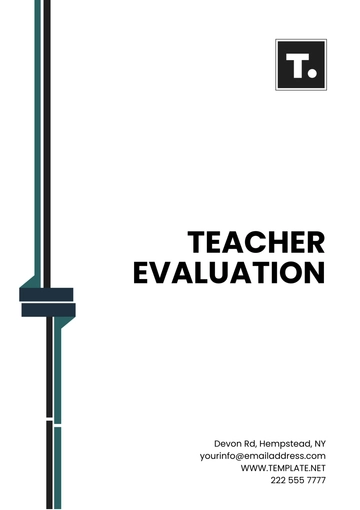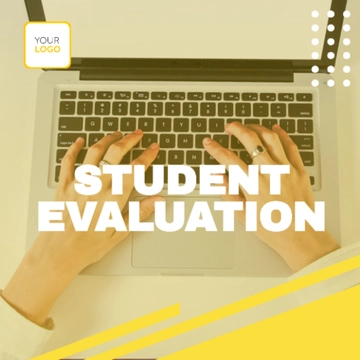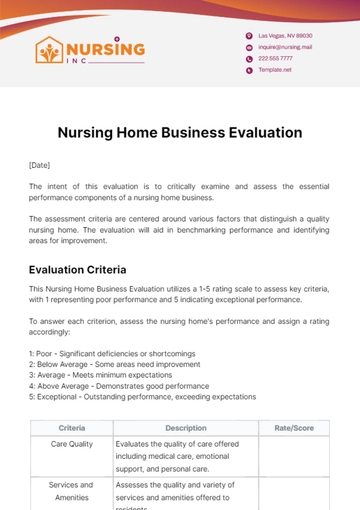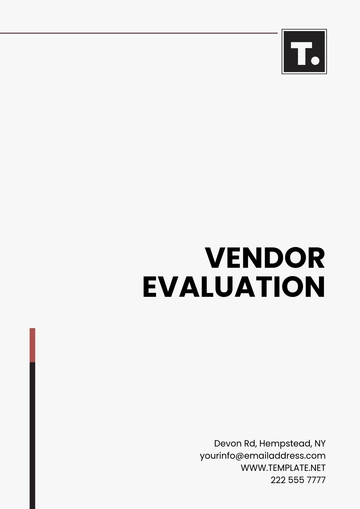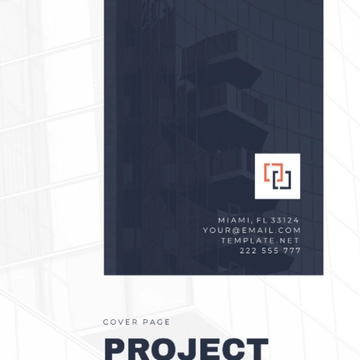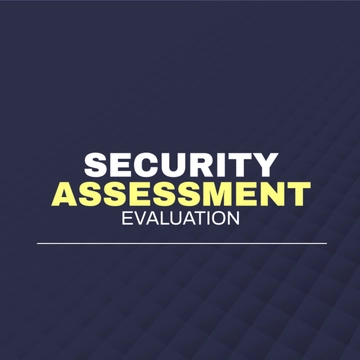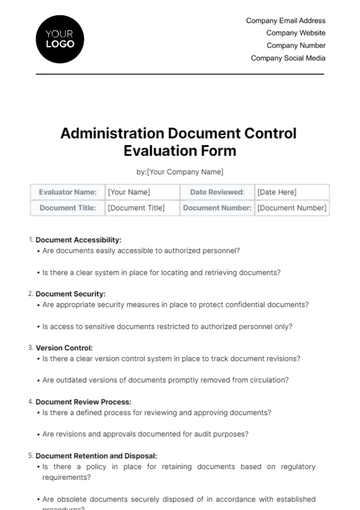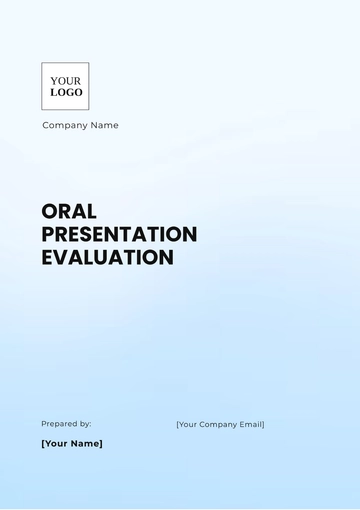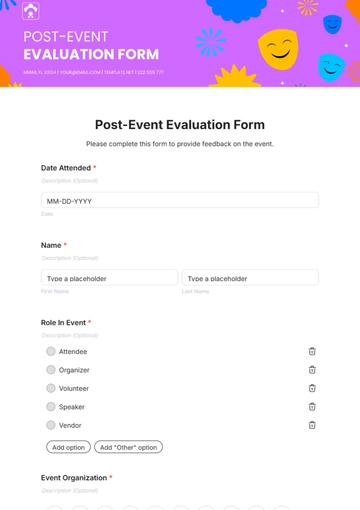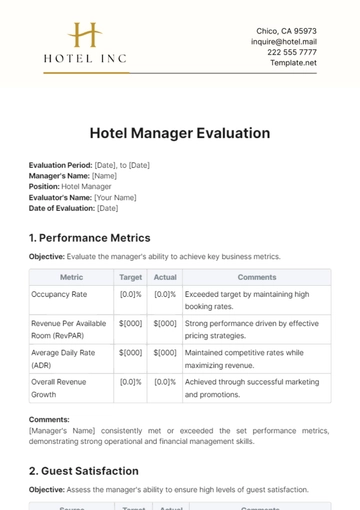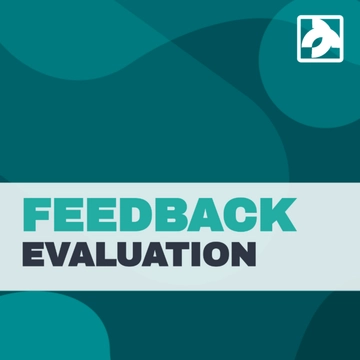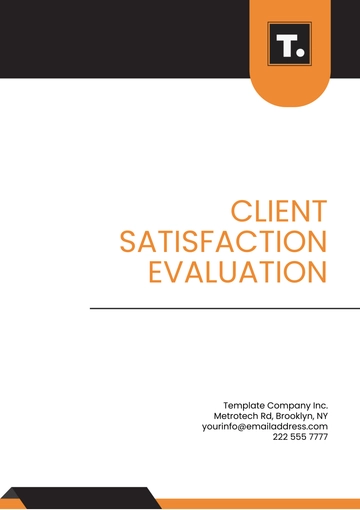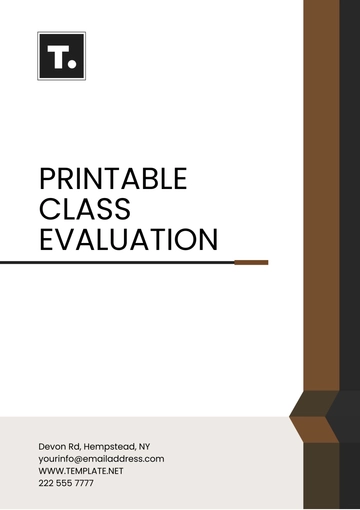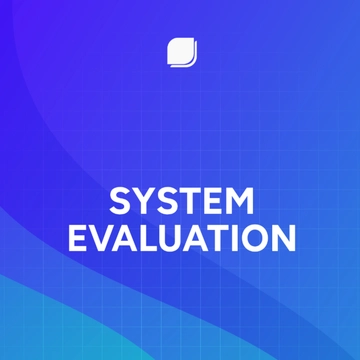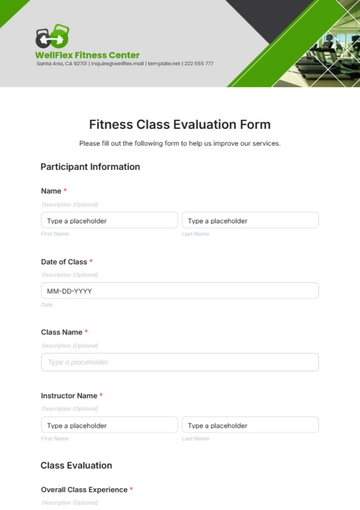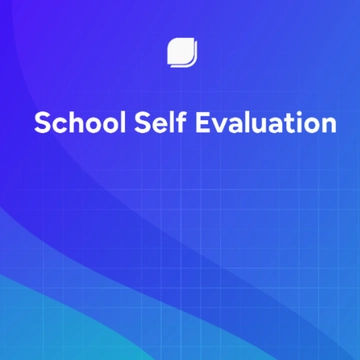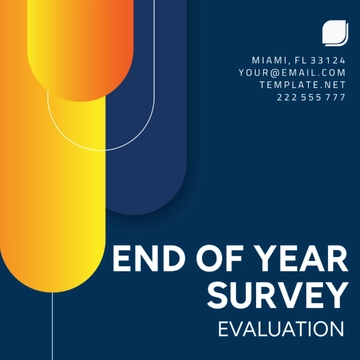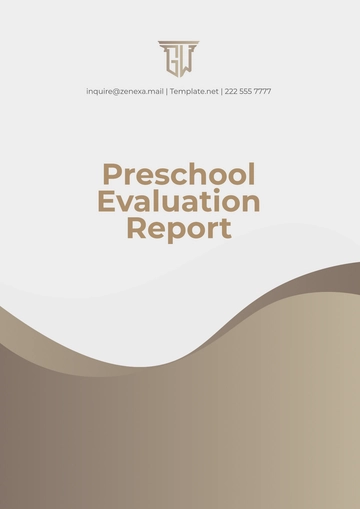Free Formative Evaluation
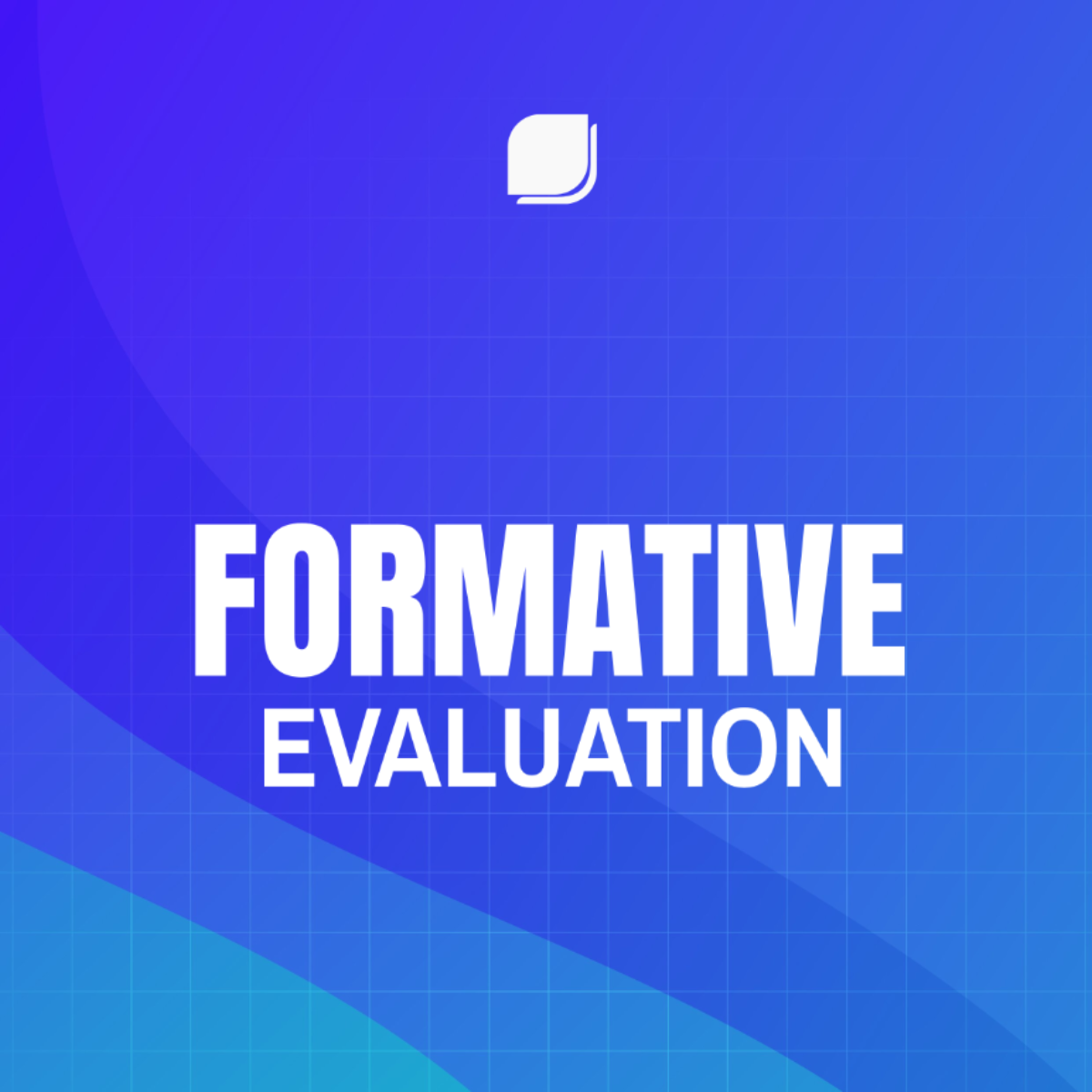
Evaluator's Name: | [Your Name] |
Student Name: | [Your Student's Name] |
Date: | January 20, 2055 |
Purpose
The purpose of this formative evaluation is to gather information on student progress, identify areas of strength and areas needing improvement, and guide instructional decision-making to enhance teaching and learning experiences.
Overview
The formative evaluation provides a structured approach to assess student comprehension and learning progress. It helps in making informed instructional decisions for an improved teaching-learning environment.
Instructions
Please carefully review each criterion and provide your feedback accordingly. Consider student performance, participation, and engagement when evaluating each aspect of the learning process. Specific examples and suggestions for improvement are encouraged to support student growth and development.
Rating Scale
1 - Beginning: The student demonstrates minimal understanding or proficiency in the criterion being evaluated. Significant improvement is needed.
2 - Developing: The student shows some understanding or proficiency in the criterion but still requires improvement. There are noticeable areas of weakness.
3 - Proficient: The student demonstrates satisfactory understanding or proficiency in the criterion. They meet expectations but may benefit from further development.
4 - Advanced: The student exhibits a strong understanding or proficiency in the criterion. They exceed expectations and show competence beyond the norm.
5 - Exceptional: The student demonstrates outstanding understanding or proficiency in the criterion. They excel in all aspects and show exceptional competence.
Criteria | Description | Rating |
|---|---|---|
1. Comprehension | Understanding of key concepts and principles covered in the curriculum. | |
2. Application of Knowledge | Ability to apply learned concepts and skills to real-world situations or problem-solving scenarios. | |
3. Critical Thinking | Capacity to analyze, evaluate, and synthesize information to form reasoned judgments or conclusions. | |
4. Engagement | Active participation and involvement in learning activities, discussions, and collaborative tasks. | |
5. Feedback Utilization | Incorporation of feedback provided into subsequent learning tasks or assignments to improve performance. | |
6. Self-Reflection | Reflection on one's learning process, strengths, weaknesses, and areas for growth. | |
7. Collaboration Skills | Ability to work effectively with peers in group projects, discussions, or cooperative learning activities. | |
8. Overall Progress | Overall assessment of student progress and performance in the learning process. |
Comment/Feedback:
Please use the space below to provide any additional comments, observations, or feedback related to student progress and learning experiences. Your input is valuable for guiding instructional decisions and supporting student growth.
Additional Comments and Notes |
|---|
- 100% Customizable, free editor
- Access 1 Million+ Templates, photo’s & graphics
- Download or share as a template
- Click and replace photos, graphics, text, backgrounds
- Resize, crop, AI write & more
- Access advanced editor
Enhance learning outcomes with the Formative Evaluation Template from Template.net. This editable form facilitates ongoing assessment and feedback collection to guide instructional planning and student progress. Customizable to various educational settings and editable in our Ai Editor Tool, it empowers educators to refine teaching strategies and support student development effectively.
